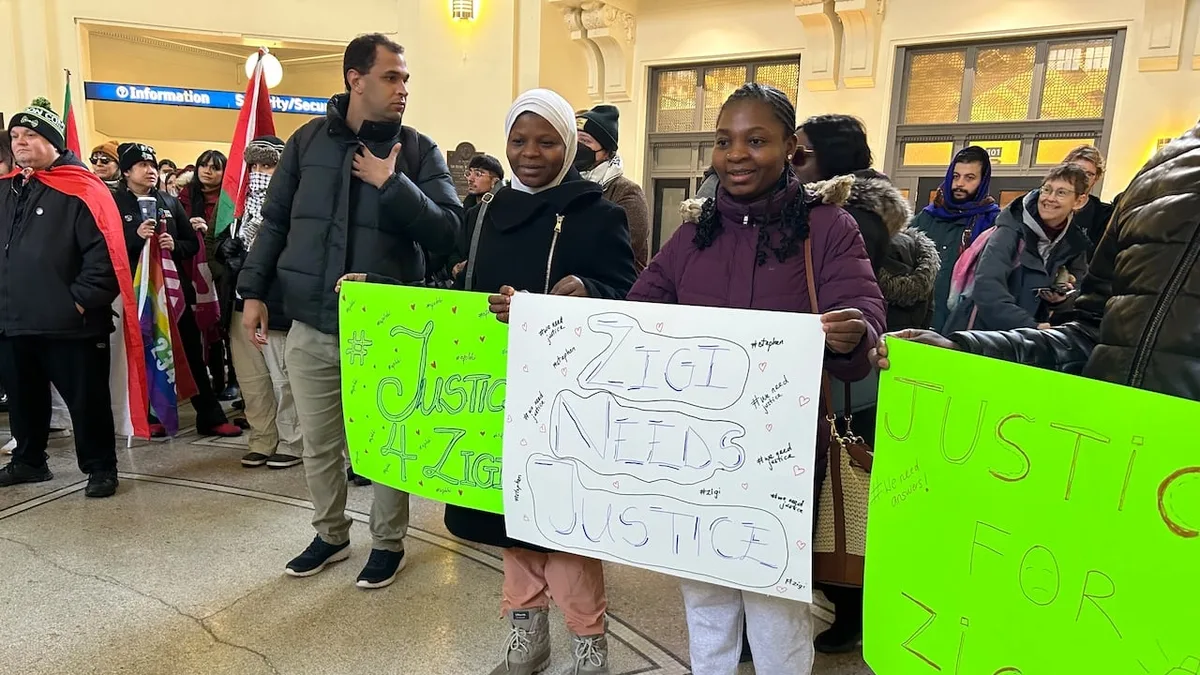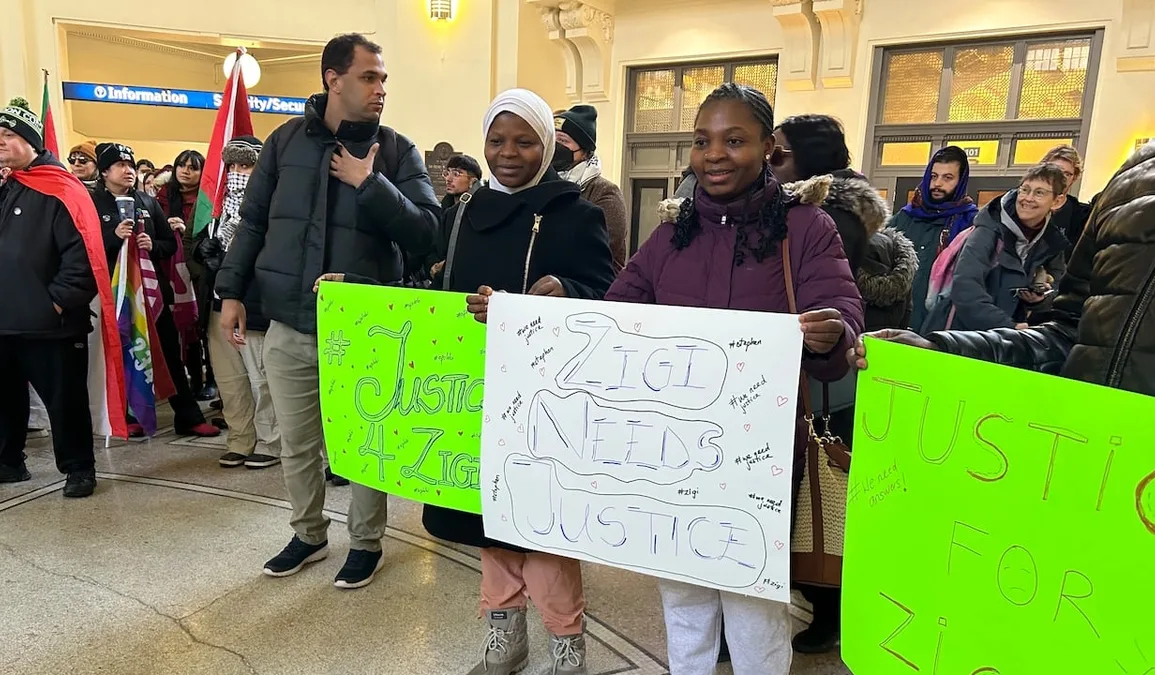
The streets of Winnipeg recently witnessed a wave of protestors demanding accountability after a tragic incident. Police shot and killed a 19-year-old Black university student, Afolabi Opaso, on New Year’s Eve. The young man was reportedly in the midst of a mental health crisis, underscoring the potentially fatal dangers Black men face from police, as well as the pressing need to address the mental health concerns of Black men in Canada.
The Intersection of Race, Gender, and Mental Health
Black men and boys in predominantly white spaces often find themselves viewed as threatening. This perception not only perpetuates negative stereotypes of Black masculinity but also hinders the development of healthy self-perceptions among Black men and boys. The lack of engagement and understanding of unique mental health struggles faced by Black men and boys leads to unresolved and recurring mental illnesses.
The Rising Toll of Police-Involved Deaths
Research indicates that police-involved deaths are on the rise in Canada, with Black and Indigenous people more likely than others to be killed by law enforcement. Incidents like the shooting of Afolabi Opaso not only expose the fatal dangers Black men confront from police but also shine a light on the often unaddressed and unnoticed mental health concerns among Black men.
The Role of Historical and Contemporary Institutional Factors
Historical and contemporary institutional factors continue to perpetuate gender stigmatization, social exclusion, and anti-Black racism. Recognizing these factors is crucial to fostering inclusive dialogue and providing adequate support for Black men’s mental health concerns. The incident involving Afolabi Opaso further highlights the urgent need to acknowledge and address these issues.
Unaddressed Mental Health Concerns: A Catalyst for Deadly Encounters
The lack of urgency in addressing the mental health concerns of Black men in Canada can lead to horrifying and sometimes deadly encounters with law enforcement. The death of Afolabi Opaso serves as a stark reminder of this reality. The mental health crisis that Afolabi was reportedly experiencing at the time of his death emphasizes how unaddressed mental health concerns can escalate situations, leading to fatal outcomes.
Calling for Accountability and Change
Protestors in Winnipeg, and indeed across the country, are calling for accountability following the death of Afolabi Opaso. The demand for justice goes beyond this single incident, addressing a systemic issue that affects Black men and boys across Canada. The call is for a change in the approach towards mental health within the Black community, a broader understanding of their unique struggles, and a concerted effort to dismantle the stereotypes and stigmatization that often lead to tragic outcomes.
The death of Afolabi Opaso is a tragic reminder of the urgent need to address mental health concerns among Black men in Canada. Mental health cannot be seen in isolation, and understanding the intersection of race, gender, and mental health is crucial. As we move forward, it is our collective responsibility to ensure that mental health concerns among Black men do not go unnoticed or unaddressed.


